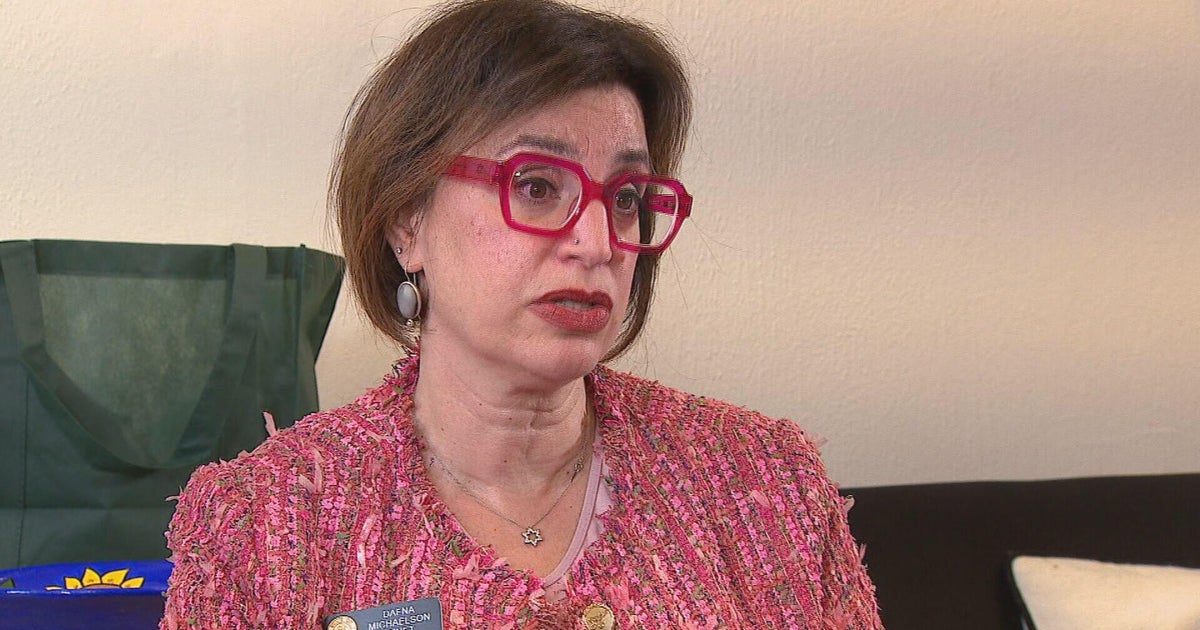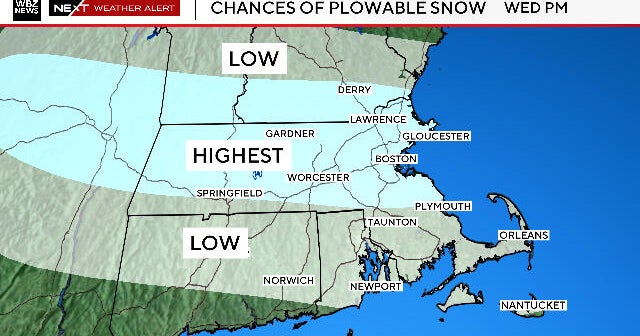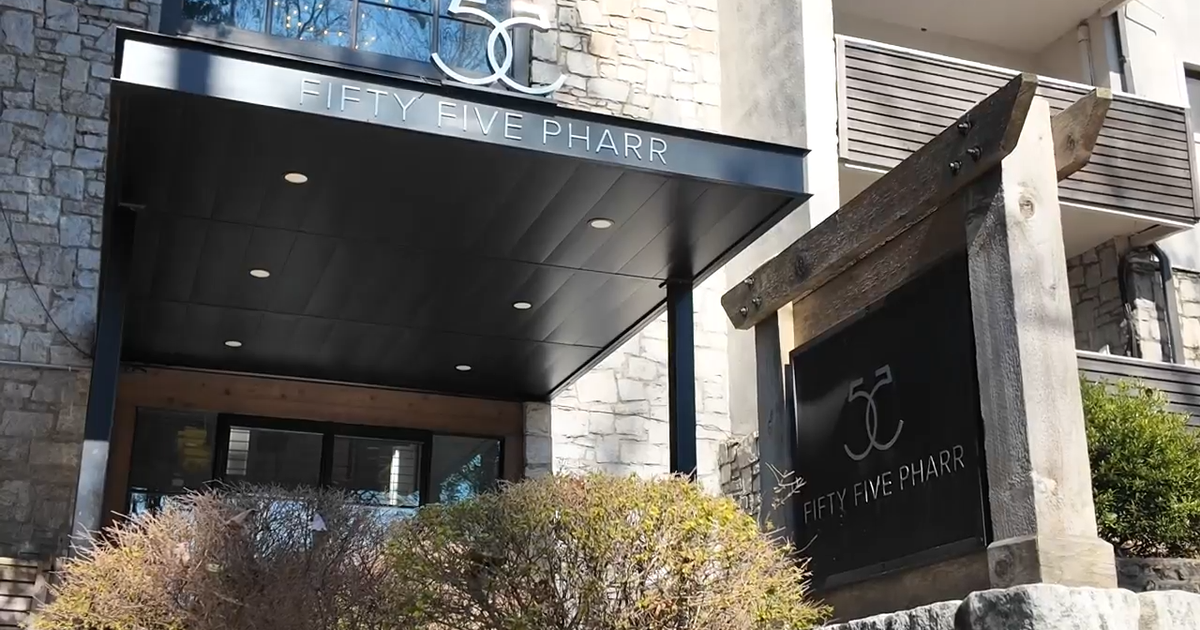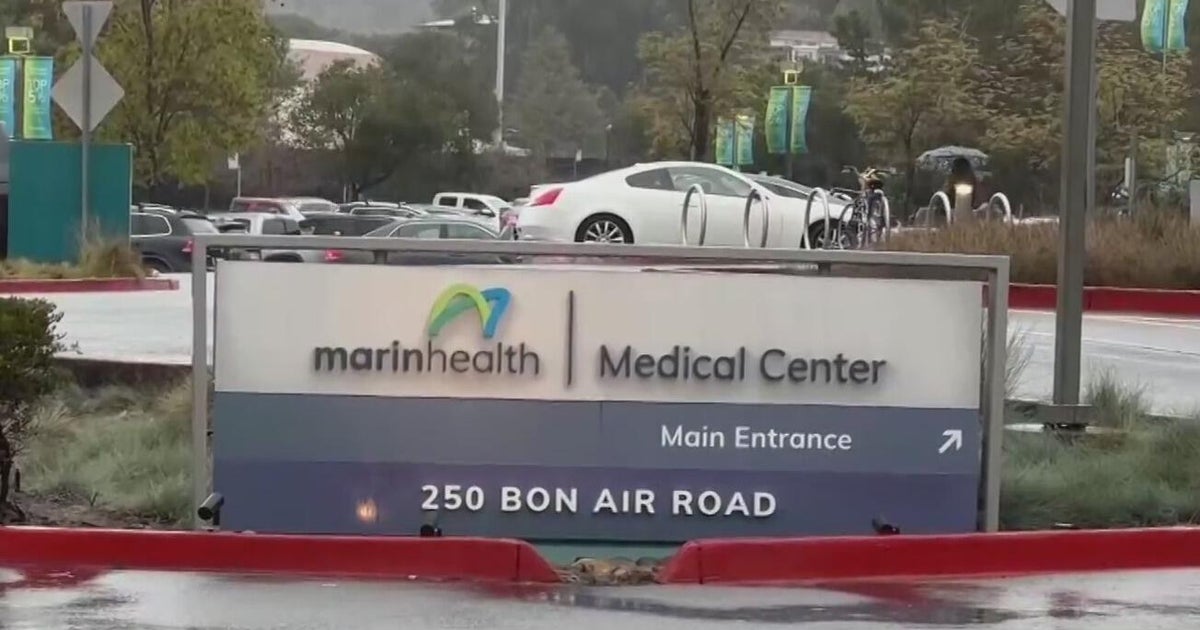Are Hormones Or Genes To Blame For Peripartum Depression?
BOSTON (CBS) -- About one in eight women suffer from peripartum depression and it is often passed from mother to daughter to daughter.
Local researchers are trying to figure out how a woman's DNA affects her risk.
"I woke up one morning in January in a full-blown panic attack about what to make the kids for lunch," says Ashley Poniros of Auburn.
Pregnant, unable to eat or sleep and responsible for her two young sons, Ashley was suffering from severe anxiety for months.
"My husband had to leave for work every day and trust that I was going to be OK, and trust that I wasn't going to hurt myself or hurt the kids," she says.
Ashley was diagnosed with peripartum depression, which occurs during pregnancy or after delivery.
She was treated by Dr. Kristina Deligiannidis, a reproductive psychiatrist at the University of Massachusetts Medical School.
"The brain is not adapting to the changes in the hormones in the same way as it does in a mother who doesn't have any symptoms," she said.
And that may be due to a woman's genes.
To find out, more than 20 centers in the United States and abroad, including UMass Medical School, are conducting a study using an iPhone app.
A 5-to-10 minute questionnaire and a simple saliva sample will help doctors identify genetic differences in women who suffer from peripartum depression.
"Can we get a better sense of who's at risk because ideally we want to intervene earlier before a woman develops the disease?" said Deligiannidis, who is leading the study at UMass.
Ashley, who participated in the study, delivered her third son, Luca, 11 months ago. She has been feeling great ever since but remembers back to one of the darkest periods of her life.
"I was at rock bottom. I was a shell of a person," she says. "It brought my family to its knees, but it was for a good cause."
Researchers are hoping to get more than 100,000 women to participate in the study and so far nearly 10,000 have already signed up. To sign up for the free study, visit the Pact for the Cure website.







